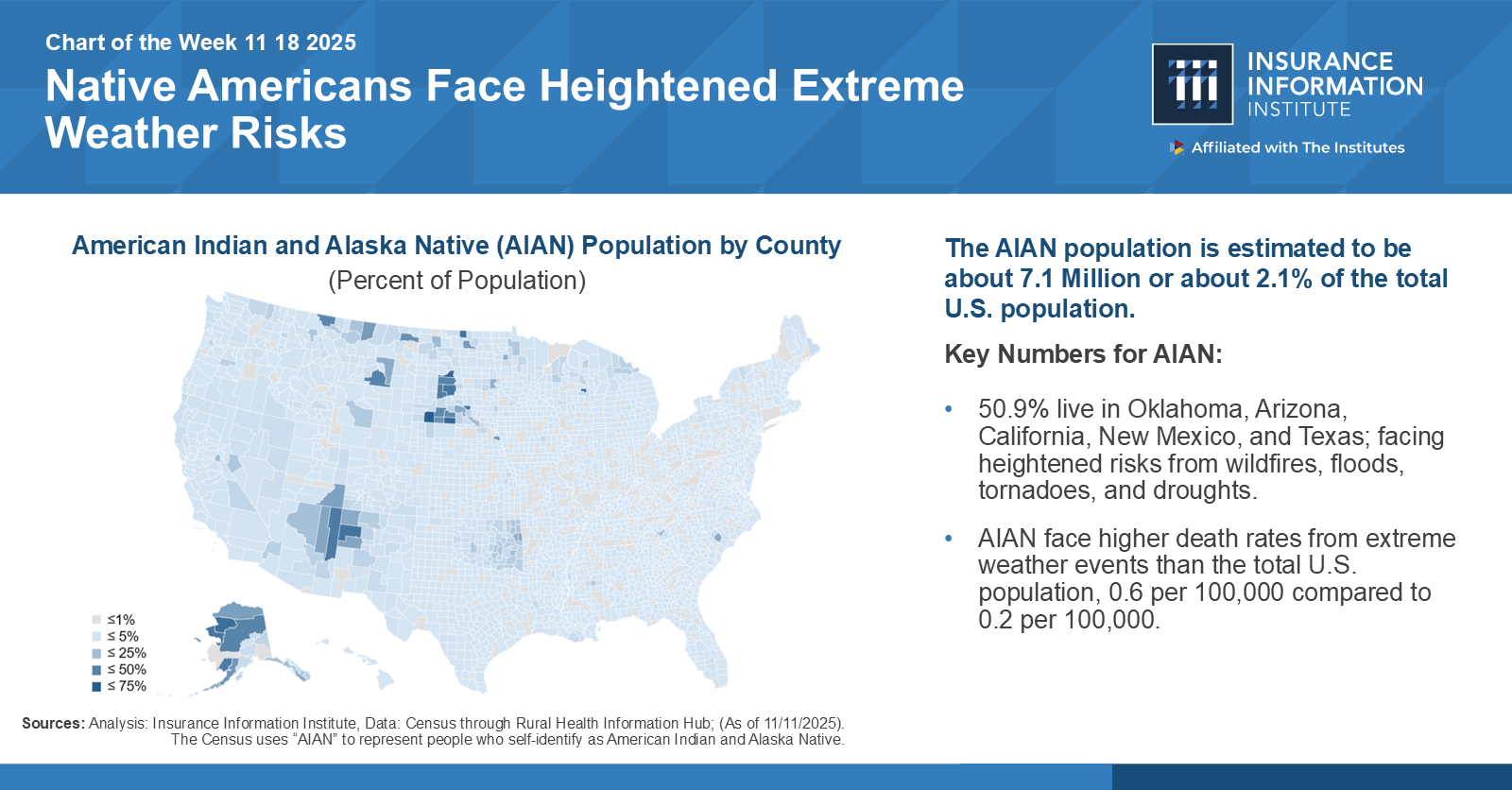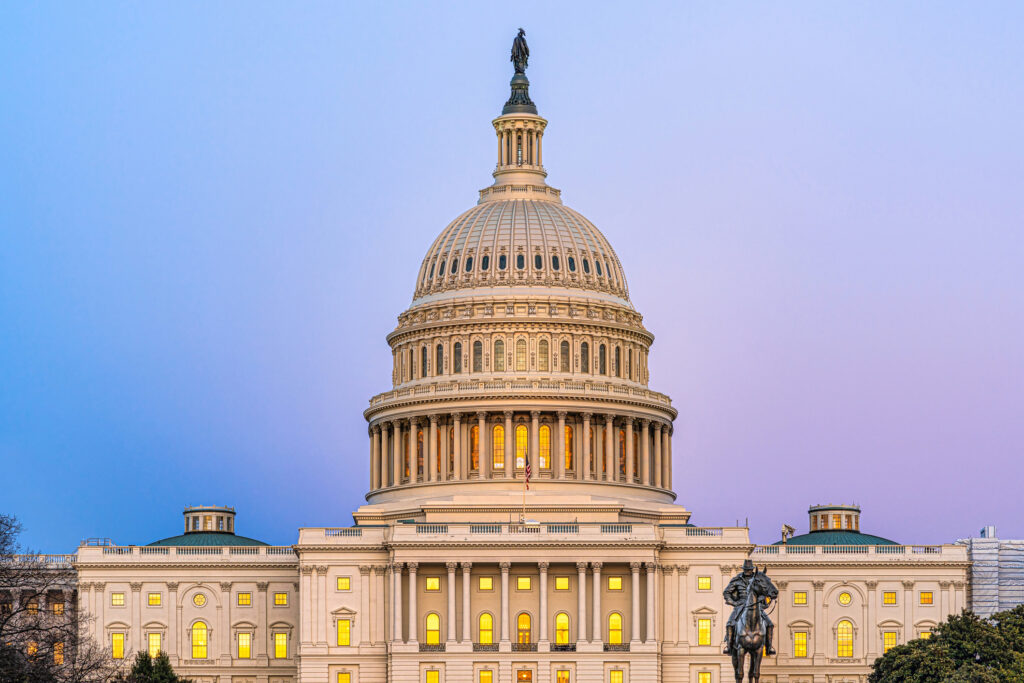
By Lewis Nibbelin, Research Writer, Triple-I
Jamaica will receive a $150 million payout following devastation from Hurricane Melissa from its parametric catastrophe policy. Though one of the largest such payouts in recent years, the loss “had very little impact” on investors in the bonds backing the policy.
Investors in insurance-linked securities (ILS) “understand that these risks are part of what they cover,” said Jean-Louis Monnier, head of ILS Alternative Capital Partners at Swiss Re.
Among the strongest Atlantic hurricanes ever recorded, Hurricane Melissa became the most powerful cyclone to make landfall in the island’s history, causing an estimated $6 billion to $7 billion in damages and at least 75 deaths across the Caribbean. With a minimum central pressure of 892 millibars, the storm met the parametric thresholds for a full payout. The policy was backed by a bond issued in 2024 by the World Bank through its International Bank for Reconstruction and Development (IBRD) and structured by Aon Securities and Swiss Re Capital Markets.
Unlike traditional indemnity insurance, parametric insurance covers risks without sending adjusters to evaluate post-catastrophe damage. Rather than paying for damages incurred, policies pay out if certain conditions are met – for example, if wind speeds or rainfall measurements meet an established threshold. Speed of payment and reduced administration costs can ease the burden on insurers while expediting recovery for policyholders.
Determining appropriate parametric triggers is no easy task. Just a year earlier, the same policy did not pay out after air pressure levels narrowly missed the predefined minimum during Hurricane Beryl, despite widespread destruction. The ensuing backlash generated greater public and industry scrutiny over parametric coverage, including an intergovernmental “examination” into the ILS market broadly.
Monnier explained that this specific bond was designed to respond to larger events like Melissa, as part of the country’s extensive risk management strategy that encompasses many layers of protection. Parametric coverage from Skyline Partners and Munich Re, for instance, offered a partial payout after Beryl, as did the Caribbean Catastrophe Risk Insurance Facility Segregated Portfolio Company, which issued its largest single payout in history at $70.8 million after Melissa.
In a press release on the payout, World Bank vice president and treasurer Jorge Familiar emphasized the “proactive approach” of Jamaica’s disaster risk management, noting it could “serve as a model for countries facing similar threats and seeking to strengthen their financial resilience to natural disasters.”
Estimated to reach $34.4 billion by 2033, the global parametric insurance market is growing at a rapid pace, driven by increasingly severe climate and weather-related risks. Yet many industry leaders identify parametric structures as less comprehensive – and therefore not a substitute for – traditional indemnity risk transfers. By design, parametric insurance correlates to measurable events rather than actual damages, leading to an innate basis risk when the two do not perfectly align.
Whereas indemnity coverage is “generally preferable,” parametric structures can “complement other forms of insurance” and are particularly beneficial for sovereigns, which tend to lack the granular data needed to inform underwriting and pricing of indemnity catastrophe bonds, according to Monnier.
“Many countries use both instruments, and they can be very complementary,” Monnier concluded. “There is a large global protection gap, and Swiss Re advocates for reducing that gap, whether through traditional reinsurance or by structuring capital-market solutions.”
Learn More:
Parametric Insurance Gains Traction Across U.S.
Hurricane Delta Triggered Coral Reef Parametric Insurance
Mangrove Insurance: Parametric + Indemnity May Aid Coastal Resilience









